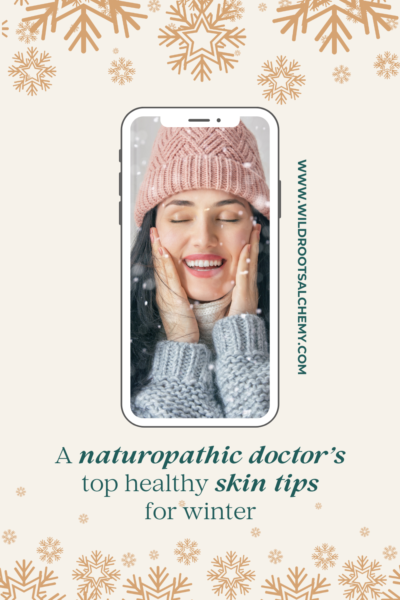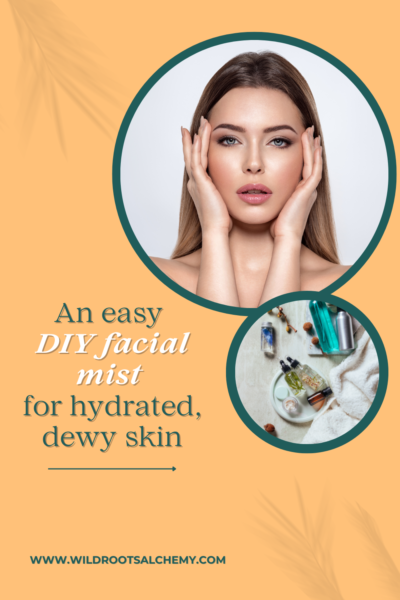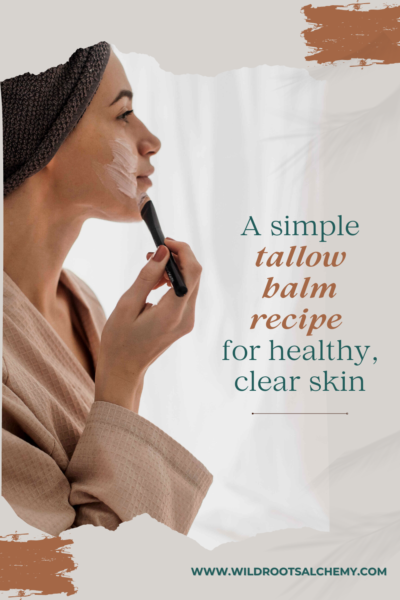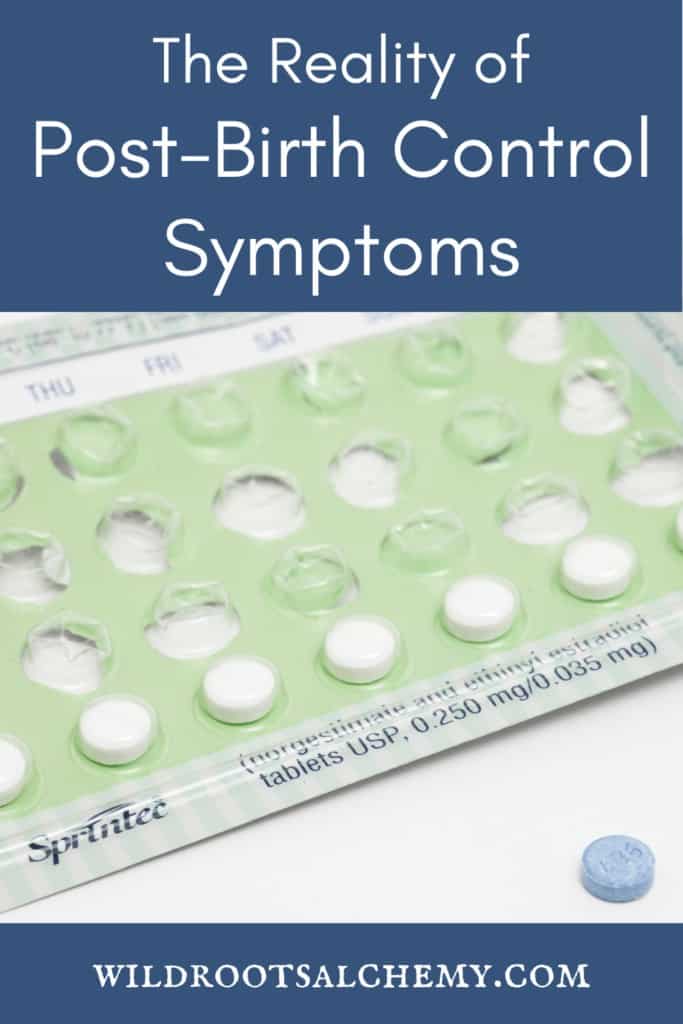
I was on the birth control pill for seven years before I discontinued it. I was initially prescribed it to help “manage” my heavy and irregular menses at the age of 17. Soon after starting the pill, I suffered from a host of negative side effects: significant mood swings, anxiety, depression, and weight gain.
When I decided to stop taking the pill, I assumed that my body would “go back to normal” right away. I assumed that my menstrual cycle would be regular, that I would lose the extra weight, that I could go on with my life—minus all the adverse effects the birth control pill brought on.
Yet I didn’t get my period the month after stopping the pill. I didn’t get it the next month either. It took two years before I finally menstruated again.
My Period Didn’t Start for Years…Yet the Acne Breakout Came Overnight
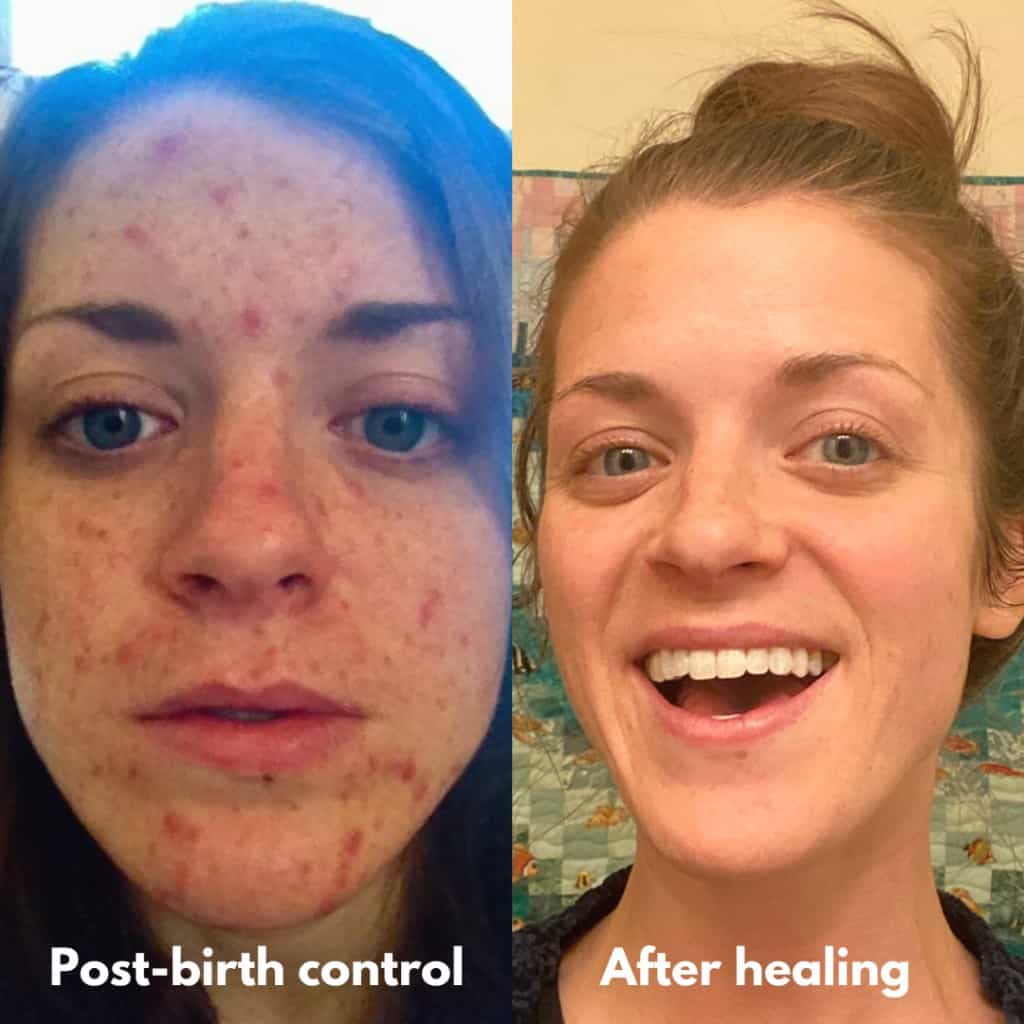
As I discussed in my last post about getting off of my pharmaceutical medications, I experienced a severe acne break-out shortly after stopping the pill. I remember vividly that it was such a sudden and drastic change: it literally felt like I went to bed with pimple-free skin one night and woke up the next morning with hundreds of acne lesions.
To be honest, the post-pill acne was the hardest part of my healing journey. I was in my mid-twenties when the acne came about, a few months away from moving to a new state to start naturopathic medical school. The thought of starting a new program, meeting new people, and going out with all these painful, cystic acne spots was absolutely mortifying to me. My confidence plummeted and my internal struggle with self-love and self-acceptance was brought to the surface more than ever before, ready to be healed. (My acne journey was a huge part of my life and my healing path—I will be writing a future post all about it so stay tuned!)
Post-Birth Control Symptoms are Incredibly Common
Hormonal contraceptives include the pill, patch, hormonal IUD (i.e. Mirena), Nuvaring, Depo shot, and Nexplanon. These types of birth control are intended to suppress your hormone production, effectively shutting down ovulation and your reproductive capacity.
When you stop taking these contraceptives, your body takes awhile to return to hormonal homeostasis. After a few months of no-pill, women often start to exhibit symptoms of hormonal imbalance.
Post-pill amenorrhea (absent menses) is a frequent observation among women who discontinue hormonal birth control. For some women, it can take several months or more before hormones kick back into gear and menstruation returns.
Interestingly enough, I was never told that my period might not come back after I stopped the pill. Many women are told to take hormonal birth control and to stop it when they want to get pregnant. Yet many women who stop the pill don’t ovulate right away and aren’t informed of this, possibly resulting in months and sometimes years of trying to conceive without success. Thankfully I wasn’t trying to conceive at the time, but my heart aches for those women who stop the pill to try to get pregnant only to find that they aren’t ovulating.
These are some of the most common post-birth control symptoms:
- Amenorrhea (absent menses)
- Severe, cystic acne
- Chronic or recurrent vaginal infections urinary tract infections (UTIs)
- Mood swings
- Hair loss
- Heavy, painful periods
- Irritable bowel syndrome (IBS)
- Blood sugar dysregulation
- Hypothyroidism
- Chronic inflammation and autoimmune disease
Sex hormones aren’t the only hormones affected by birth control, which is why we can see adrenal, thyroid, and insulin dysregulation as well. The endocrine system is an intricate network of hormonal feedback loops with the hypothalamus as the control center, so a disruption of any hormone impacts the balance and function of all other hormones. Since the hypothalamus is the vital link between the nervous and endocrine systems, we can see how hormonal disruptions also impact the health of the nervous system, potentially resulting in mood disturbances or anxiety post-pill.
Getting to the Root Cause
Many women use hormonal birth control to prevent pregnancy, but often women are put on the pill to manage symptoms like heavy menses, period pain, acne—symptoms that might get better on the pill but often get a lot worse once discontinuing it.
As a naturopathic doctor and a woman who was on the pill for years, I believe that it’s important to identify the root cause of our symptoms instead of masking them with birth control. Heavy periods could indicate a thyroid disorder or iron deficiency anemia. Irregular menses could mean that you have PCOS, HPA axis dysregulation, or imbalanced hormones. Painful menses could be a sign that you have endometriosis or a structural disorder of the pelvis.
There are a number of reasons that you could be having symptoms that could warrant the pill, but you deserve to have someone help you figure out what is actually causing your symptoms so that you can heal and get better. You also deserve to know the very real risks of hormonal contraceptives so that you can make an informed choice for yourself and decide whether or not this type of birth control is right for you.
Check out these other articles on healing from post-birth control symptoms:
- Post-Birth Control Acne: Why It Happens and 5 Ways to Prevent It
- Post-Birth Control Syndrome: What It Is and How To Heal
- The Importance of Blood Sugar Regulation for Balancing Hormones (and Healing Post-Birth Control)
Do you have post-birth control acne and want to figure out which hormonal imbalance is primarily causing YOUR acne?
Take my free quiz: Which hormonal imbalance is driving your acne? You’ll get a bunch of great tips geared towards your specific hormonal imbalance, my ebook 7 Steps to Healing Acne Naturally, and info about a plant medicine ally to work with–all to help you balance your hormones and clear your skin!
If you would like support along your healing journey, I’d love to work with you! I currently offer virtual holistic health consultations.
If you live in Colorado, I see patients in-person at Whole Systems Healthcare Boulder Clinic in Boulder. You are welcome to make an appointment for a complimentary 15-minute discovery call to see if we would be a good fit.


